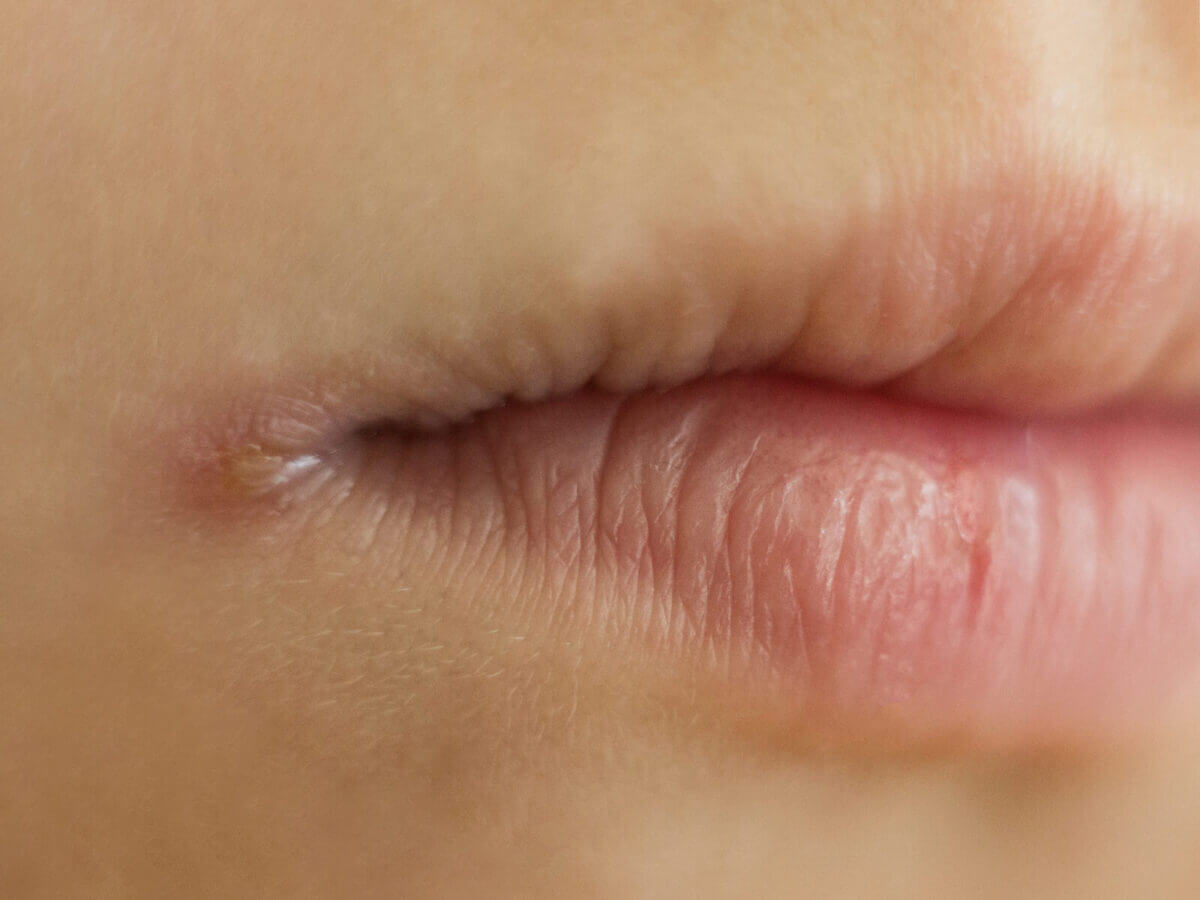Blog
Dental hygiene tips for healthy teeth & gums

What foods cause angular cheilitis?
The human body is fascinating and extremely powerful. It is equipped with several mechanisms to fend off aggressors and remain stable and sound. But, the fact remains that diseases and ill-health are part and parcel of human lives. For example, one severe and uncomfortable condition that affects the human lips is cheilitis. Also known as ‘inflammable lips,’ cheilitis the problem of dry, red, chapped, and blistered lips that are itchy and irritable.
The symptoms of cheilitis include redness, cracking, bleeding, pain, fissures or lesions on the mouth’s corner, and inflammation. There are two prime causative factors of cheilitis – external factors and internal factors. The problem’s external causes include allergic reactions to cosmetics or drugs and exposure to extreme heat or cold or the sun. This type of cheilitis can be termed contact cheilitis. The internal causes of cheilitis include oral infection, autoimmune disorders, vitamin deficiencies, and age-related factors.
We must be careful of the things we put on our lips and inside our mouths. Patch testing lipsticks and other makeup products are crucial to prevent cheilitis. But, studies show that the lack of specific foods can also lead to cheilitis. So, let us find out the lack of which foods aggravate and induce this painful condition.
Foods that cause cheilitis
Research reveals 90 percent of angular cheilitis is caused due to poor diet. Vitamin deficiency is the most common cause of cheilitis. The absence of vitamin B2 in the body slows down the metabolism of fats, proteins, and carbohydrates and decreases energy production. Thus, increasing the intake of B2 and eating foods like eggs, milk, and lean meat may help reverse the problem of cheilitis. Moreover, it is imperative to consume foods rich in vitamin B12, zinc, and folic acid to keep cheilitis at bay.
A well-balanced eating pattern plays a vital role in the overall well-being of the body. A proper diet with carbohydrates, healthy fats, proteins, and fibers is essential to safeguard the body from any inflammation, including cheilitis.
Skipping meals can result in binge eating and stomach ulcers and rob the body of essential nutrients. As such, the susceptibility to be diagnosed with cheilitis increases. Therefore, timely meals can help in preventing cheilitis.
Ways to treat cheilitis
- The best way to treat contact cheilitis is avoidance of the causative product and allergen if identified.
- A lip product with sunscreen is preferable.
- You can also apply a topical antibacterial or antifungal treatment.
- Regular application of moisturizing lip balm may help in treating cheilitis.
- Tea tree oil which is a fantastic antimicrobial agent can help in healing cheilitis.
- Avoiding smoking can also help in reversing cheilitis.
- At times, licking lips orbiting them can also lead to cheilitis. Thus, a conscious attempt to avoid this habit may prevent the occurrence of cheilitis.
Prevention is better than cure, and this statement is affirmative when it comes to health. The problem of cheilitis is caused by harmful bacteria and viruses present in the saliva and may be an early indicator of some other underlying health conditions. Thus, it is necessary to address the problem as soon as it is identified.
Book Appointment to find out which treatment might be best for you.
